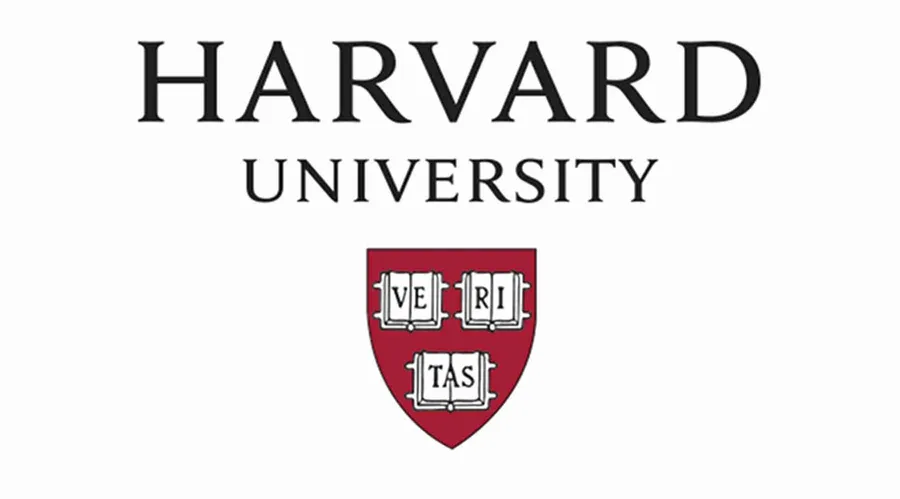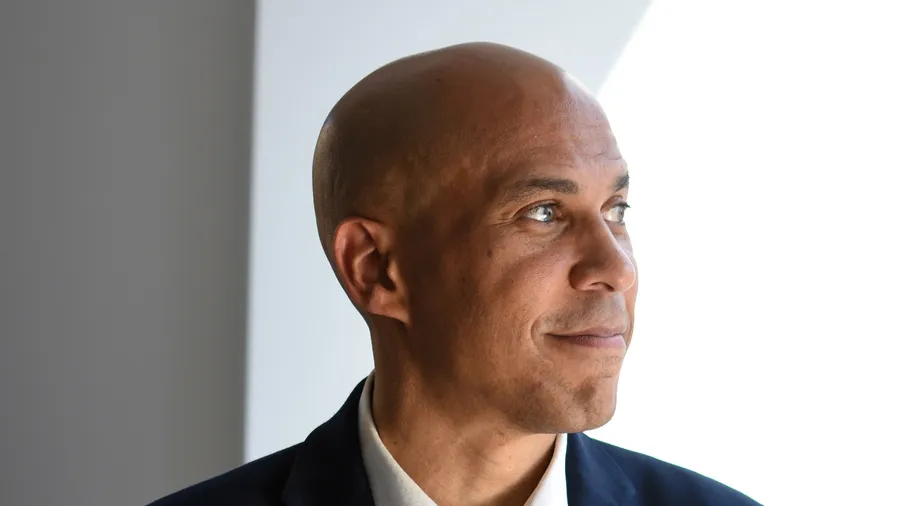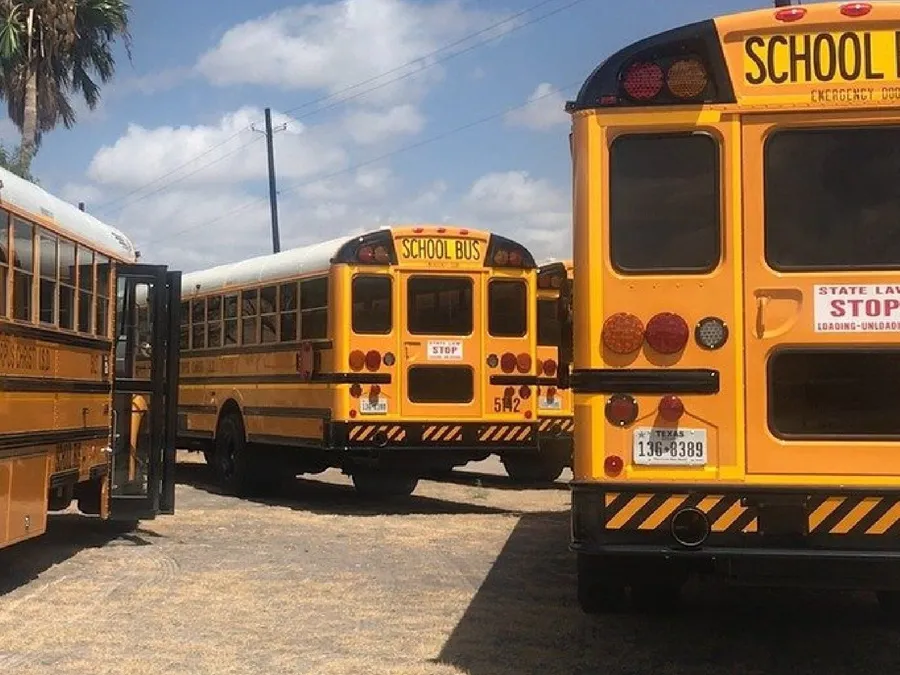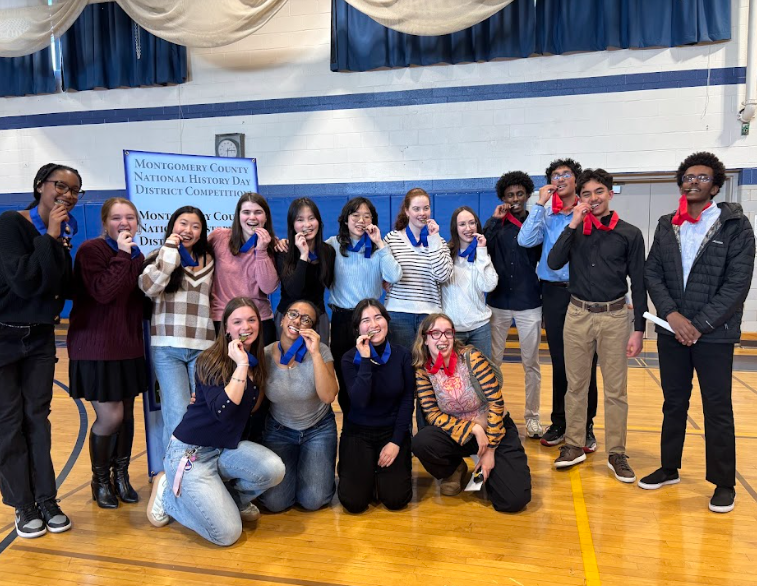Pandas are finally back in the US National Zoo, a change of events after an emotional goodbye in 2023, when they were removed due to an expired agreement with US-China relations. These Pandas, Bao Li and Qing Bao, will be staying in the U.S. as a part of a 10-year agreement.
Their Journey to DC:
On October 15, 2024, the pandas flew in from China via FedEx Panda Express and landed at Dulles airport. Transported in police-escorted FedEx trucks, they made their way through the streets of D.C. The pandas were quarantined to ensure they were parasite-free and wouldn’t pose a risk to any of the other animals. Then, after they were given a few weeks to settle into their new habitat, the pandas are making their public debut today. Left without pandas for the first time in nearly 25 years, the National Zoo has long waited for their return.
History of Panda Diplomacy:
Panda Diplomacy, the practice of offering pandas to other nations when geopolitical tensions are less rocky, dates back to the Tang Dynasty, which ruled from 618 to 907 CE. In modern times, the first panda ambassadors, Ping Ping and Qi Qi, were sent as gifts to the Soviet Union in 1957. Longtime Chairman of the Chinese Communist Party Mao Zedong also gifted pandas to North Korea, and after President Richard Nixon visited China in 1972, the U.S. received a pair of pandas as well. In the 1980s, the practice of gifting pandas became a loan system, with China retaining the right to recall the bears at any time and zoos expected to pay an annual fee to China for the right to host them. Under this agreement, China recalled the three previous pandas that had been living in the National Zoo in 2023, as well as one in Memphis and two in Edinburgh. This occurred as relations between China and the West reached a particularly rough phase, but the arrival of Bao Li and Qing Dao indicate that, for now, tensions have lowered.
Panda-monium/How to see them:
The Giant Panda Habitat, Bird House, and Asia Trail are reopening to the public today. The Smithsonian Zoo plans to relaunch the Giant Panda Cam so that Bao Li and Qing Bao’s admirers can keep up with their day-to-day activities. All zoo visitors, including children and infants, need a free entry pass to visit the zoo which can be reserved online. Visitors should prepare to wait in lines, especially on weekends when the zoo is busiest. Smithsonian Zoo director Brandie Smith recognized the cultural significance of the giant pandas in a statement.
“For over 50 years, giant pandas have been an integral part of the fabric and culture of Washington, D.C., thanks in large part to the support of the communities that live and work in the District.”
Washington D.C. panda celebrations, dubbed panda-monium, are in full swing. Panda festivities will occur from late Jan. to Feb. 9 at the Smithsonian Zoo, including a Lunar New Year party and “Kung Fu Panda” screening. Visitors can purchase panda-themed eats and drinks at Astro Doughnuts, Baked by Yael, and Duke’s Grocery. Metro is also teaming up with the National Zoo to release a new limited-edition SmarTrip card available at select Metro stations starting Wednesday, Jan. 22.
Meet Bao Li and Qing Bao:
While they may appear similar at first glance, there are quite a few ways to tell them apart. Bao Li, a 3-year-old boy, has been described as very “playful” by the Smithsonian. He can be identified by his wider, flared eye patches and the thick black band down his back. According to USA Today, Bao Li means an active and vital power. In contrast, Qing Bao is known to be more reserved and likes sticking to herself. She is smaller, has fluffier cheeks than Bao Li, and has two round, dark birthmarks on her back. Her name translates to “green treasure.”
















